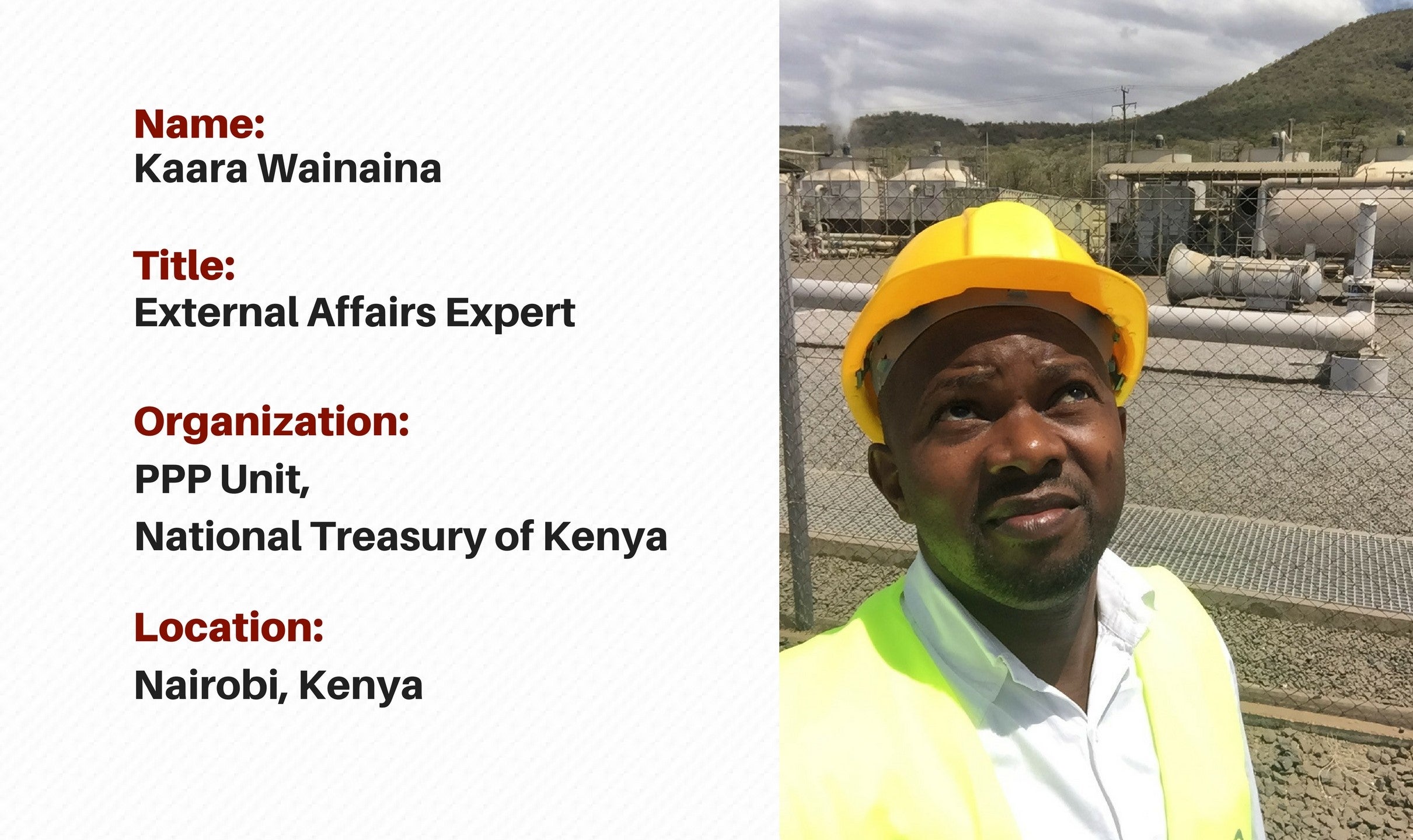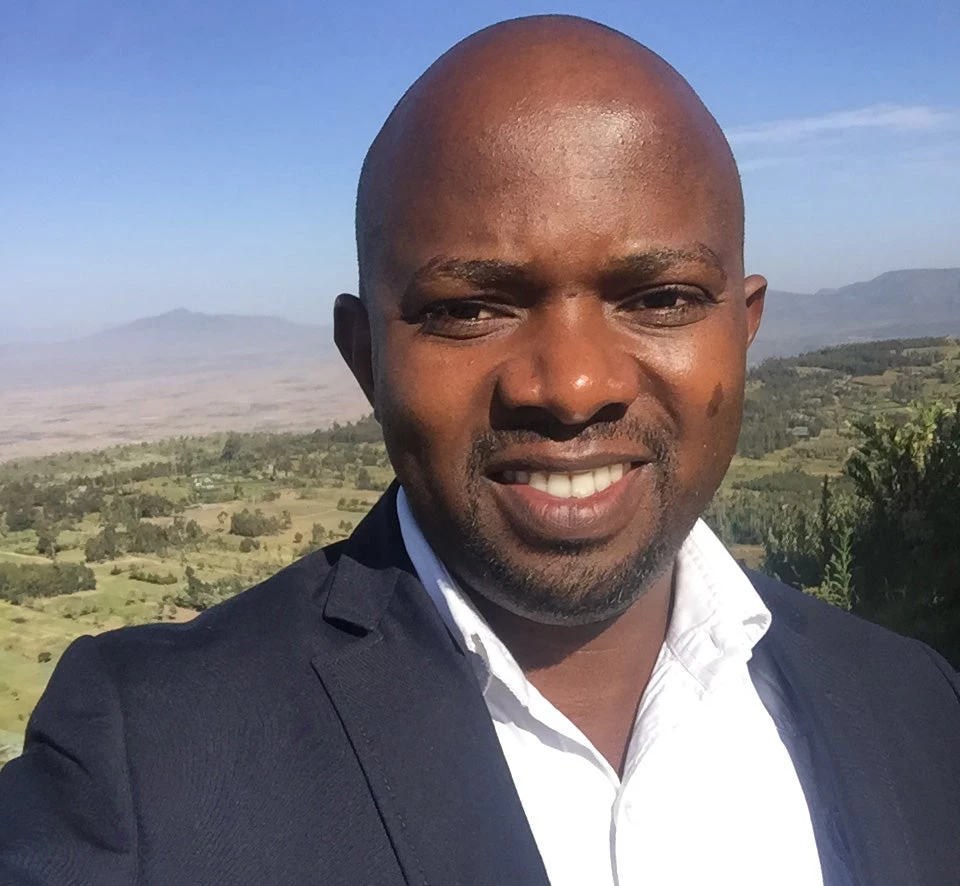
The APMG PPP Certification Program enables participants to take their skills to the next level, and the Certified PPP Professional (CP3P) credential is a means to officially convey that expertise and ability.
At the core of the program is the PPP Guide, a comprehensive Body of Knowledge that distills globally agreed-upon definitions, concepts, and best practices on PPPs. The program is an innovation of the Asian Development Bank (ADB), the European Bank for Reconstruction and Development (EBRD), the Inter-American Development Bank (IDB), the Islamic Development Bank (IsDB), the Multilateral Investment Fund (MIF), and the World Bank Group (WBG), with financial support from the Public-Private Infrastructure Advisory Facility (PPIAF).
Whether you’re thinking about signing up, or already enrolled, in this series we share some insight from practitioners who have already passed the test. This week, we caught up with Kaara Wainaina, an external affairs officer in Kenya’s PPP Unit. Read his answers below.
QUESTION 1: This is a unique certification program because it focuses on public-private partnerships and because it provides training and self-study testing to attain certification. What led you to pursue the CP3P credential?
My knowledge of PPPs has largely been through working ‘hands-on’ within Kenya’s PPP Unit. While this approach is effective in being highly pragmatic, sometimes it results in information gaps and a lack of full understanding of the logic driving some approaches and views on PPPs. I attended the course to learn more about the theory upon which the practice is built.
QUESTION 2: Would you advise your peers to register, and why?
Yes I would, I found the content rich, well explained and drawing from PPP practice across the globe. That diversity made it quite worthwhile.
QUESTION 3: Please tell us more about your career. How do you plan to incorporate what you’ve learned?
Working within a PPP Unit, I often find myself in contexts that require I explain different aspects and phases of PPPs especially to government agencies implementing or keen to implement projects. Gaining in-depth understanding will translate to my being able to provide better technical support. Further, as a communications expert within a PPP Unit tasked with capacity building and awareness creation on PPPs, the knowledge gained will make me a better PPP Champion.
QUESTION 4: As someone who has already passed the PPP certification exam, what advice could you share with people who are studying for it right now?
For both experienced hands and those new to PPPs, it’s critical they study the course material sufficiently. For a person who has learned a lot on PPPs through practice, I encountered a few definitions, for instance, which are somewhat different in the course material than what I am used to in practice. Another piece of advice: don’t take too long on any one question, you can return to the tricky ones later; use your test time efficiently
QUESTION 5: If you were going to add a test question, what would it be?
What is the most critical success factor for PPPs in a country? (Political will, sound framework, well-structured projects etc.)


Join the Conversation